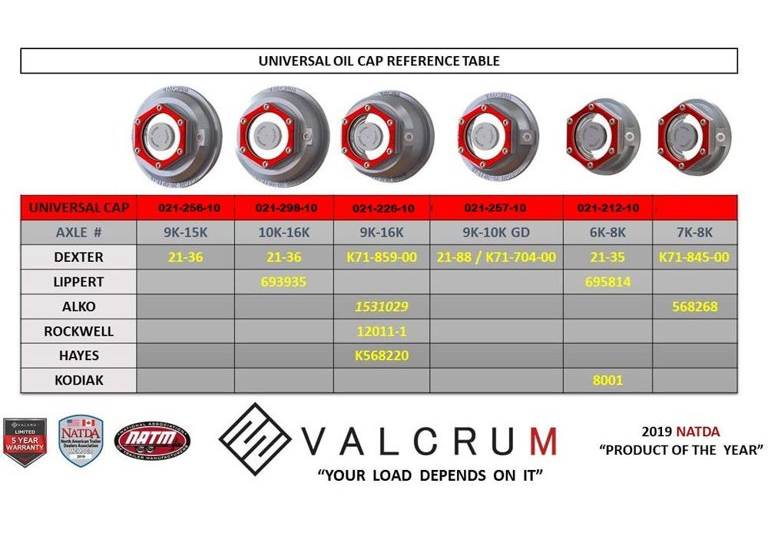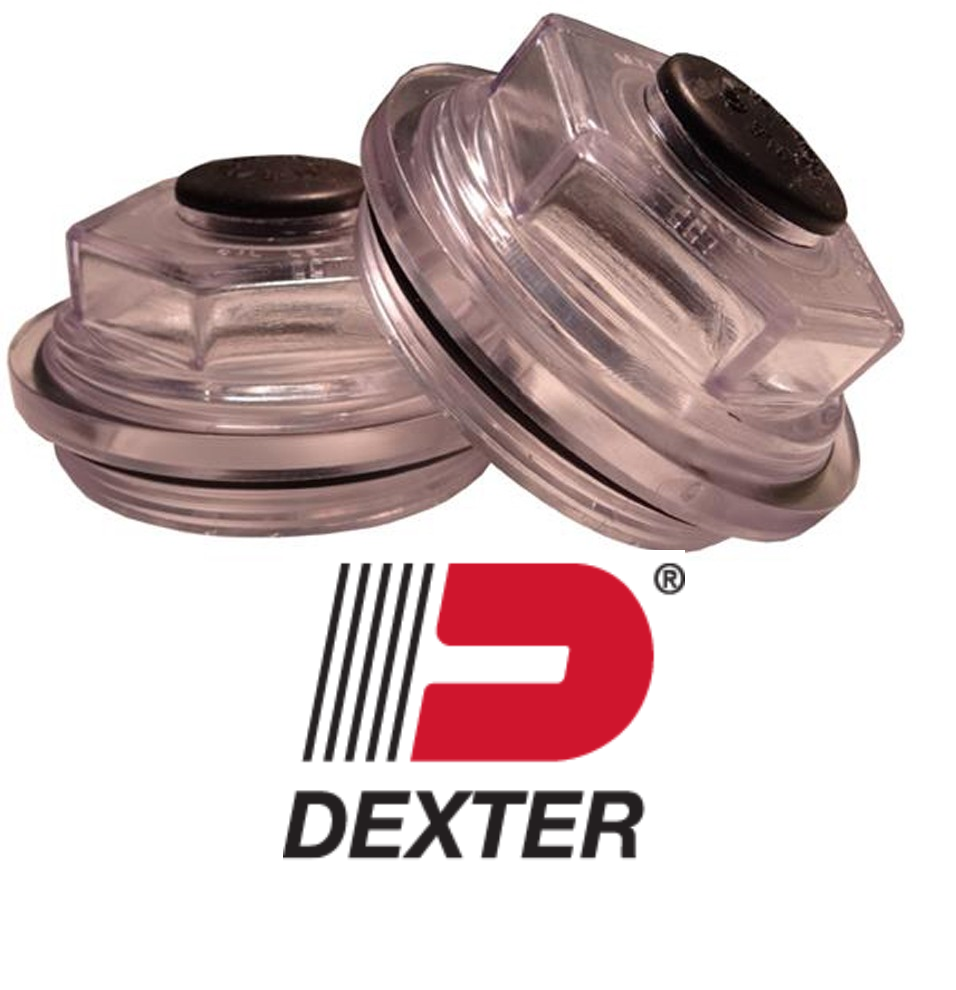
Choosing the Right Dexter Axle Oil Cap: Materials, Compatibility, and Performance
Introduction
Selecting the right dexter axle oil cap is crucial for maintaining the performance and longevity of your vehicle’s axle system. The oil cap plays a significant role in ensuring that the axle remains lubricated and free from contaminants. A well-chosen oil cap not only protects the axle but also enhances the overall efficiency of your vehicle. This article will explore the materials used in dexter axle oil caps, their compatibility with various vehicle models, performance considerations, and tips for selecting high-quality options.
Materials Used in Dexter Axle Oil Caps
When it comes to dexter 21 35 oil caps, the materials used in their construction are fundamental to their effectiveness. Common materials include plastic and metal.
- Plastic Caps: These are lightweight and resistant to corrosion, making them a popular choice for many trailer applications. However, they may not withstand extreme temperatures as effectively as metal caps.
- Metal Caps: Typically made from aluminum or steel, metal caps offer superior durability and resistance to wear and tear. They can handle higher temperatures and provide a tighter seal against contaminants.
Choosing the right material depends on your specific needs, including the operating environment and the type of trailer or vehicle you own.
Compatibility with Vehicle Models
Determining compatibility is essential when selecting a dexter axle oil cap. Not all caps fit every model, so it’s crucial to check specifications before purchasing.
- Manufacturer Specifications: Always refer to the manufacturer’s guidelines to ensure that the oil cap is designed for your specific axle model. For instance, Dexter offers caps compatible with various weight ratings such as 9K, 10K, 12K, and more.
- Part Numbers: Look for part numbers like K71-038-00 or K71-704-00 that indicate compatibility with specific Dexter axles. This information can usually be found in product descriptions or on manufacturer websites.
By ensuring compatibility with your vehicle model, you can avoid potential issues related to improper fitting or inadequate sealing.
Performance Considerations
The performance of a dexter axle oil cap is significantly influenced by its material and design.
- Seal Quality: A high-quality cap should provide an effective seal to prevent dirt and moisture from entering the axle system. Poor sealing can lead to contamination of the lubricant, resulting in premature wear of axle components.
- Temperature Resistance: Different materials have varying degrees of resistance to heat. Metal caps generally perform better under high-temperature conditions compared to plastic caps, which may warp or degrade over time.
Understanding these performance factors can help you select an oil cap that not only fits well but also performs reliably under different driving conditions.
Tips for Selecting Quality Dexter Axle Oil Caps
When choosing a dexter 21 35 oil cap, consider these guidelines to ensure you make a quality purchase:
- Check Reviews: Look for customer reviews and ratings on products to gauge their reliability and performance.
- Buy from Reputable Sources: Purchase from established retailers or directly from manufacturers like Dexter Axle to ensure you receive genuine parts.
- Inspect for Damage: Before installation, inspect the cap for any signs of damage or defects that could compromise its function.
By following these tips, you can enhance your chances of selecting a high-quality oil cap that meets your needs.
Conclusion
In summary, choosing the right dexter axle oil cap involves understanding materials, compatibility with vehicle models, performance considerations, and selecting quality products. By considering these factors carefully, you can ensure optimal performance and longevity for your vehicle’s axle system. Investing time in selecting the appropriate oil cap will pay off in terms of maintenance ease and vehicle reliability.
Introduction
Selecting the right dexter axle oil cap is crucial for maintaining the performance and longevity of your vehicle’s axle system. The oil cap plays a significant role in ensuring that the axle remains lubricated and free from contaminants. A well-chosen oil cap not only protects the axle but also enhances the overall efficiency of your vehicle. This article will explore the materials used in dexter axle oil caps, their compatibility with various vehicle models, performance considerations, and tips for selecting high-quality options.
Materials Used in Dexter Axle Oil Caps
When it comes to dexter 21 35 oil caps, the materials used in their construction are fundamental to their effectiveness. Common materials include plastic and metal.
- Plastic Caps: These are lightweight and resistant to corrosion, making them a popular choice for many trailer applications. However, they may not withstand extreme temperatures as effectively as metal caps.
- Metal Caps: Typically made from aluminum or steel, metal caps offer superior durability and resistance to wear and tear. They can handle higher temperatures and provide a tighter seal against contaminants.
Choosing the right material depends on your specific needs, including the operating environment and the type of trailer or vehicle you own.
Compatibility with Vehicle Models
Determining compatibility is essential when selecting a dexter axle oil cap. Not all caps fit every model, so it’s crucial to check specifications before purchasing.
- Manufacturer Specifications: Always refer to the manufacturer’s guidelines to ensure that the oil cap is designed for your specific axle model. For instance, Dexter offers caps compatible with various weight ratings such as 9K, 10K, 12K, and more.
- Part Numbers: Look for part numbers like K71-038-00 or K71-704-00 that indicate compatibility with specific Dexter axles. This information can usually be found in product descriptions or on manufacturer websites.
By ensuring compatibility with your vehicle model, you can avoid potential issues related to improper fitting or inadequate sealing.
Performance Considerations
The performance of a dexter axle oil cap is significantly influenced by its material and design.
- Seal Quality: A high-quality cap should provide an effective seal to prevent dirt and moisture from entering the axle system. Poor sealing can lead to contamination of the lubricant, resulting in premature wear of axle components.
- Temperature Resistance: Different materials have varying degrees of resistance to heat. Metal caps generally perform better under high-temperature conditions compared to plastic caps, which may warp or degrade over time.
Understanding these performance factors can help you select an oil cap that not only fits well but also performs reliably under different driving conditions.
Tips for Selecting Quality Dexter Axle Oil Caps
When choosing a dexter 21 35 oil cap, consider these guidelines to ensure you make a quality purchase:
- Check Reviews: Look for customer reviews and ratings on products to gauge their reliability and performance.
- Buy from Reputable Sources: Purchase from established retailers or directly from manufacturers like Dexter Axle to ensure you receive genuine parts.
- Inspect for Damage: Before installation, inspect the cap for any signs of damage or defects that could compromise its function.
By following these tips, you can enhance your chances of selecting a high-quality oil cap that meets your needs.
Conclusion
In summary, choosing the right dexter axle oil cap involves understanding materials, compatibility with vehicle models, performance considerations, and selecting quality products. By considering these factors carefully, you can ensure optimal performance and longevity for your vehicle’s axle system. Investing time in selecting the appropriate oil cap will pay off in terms of maintenance ease and vehicle reliability.







